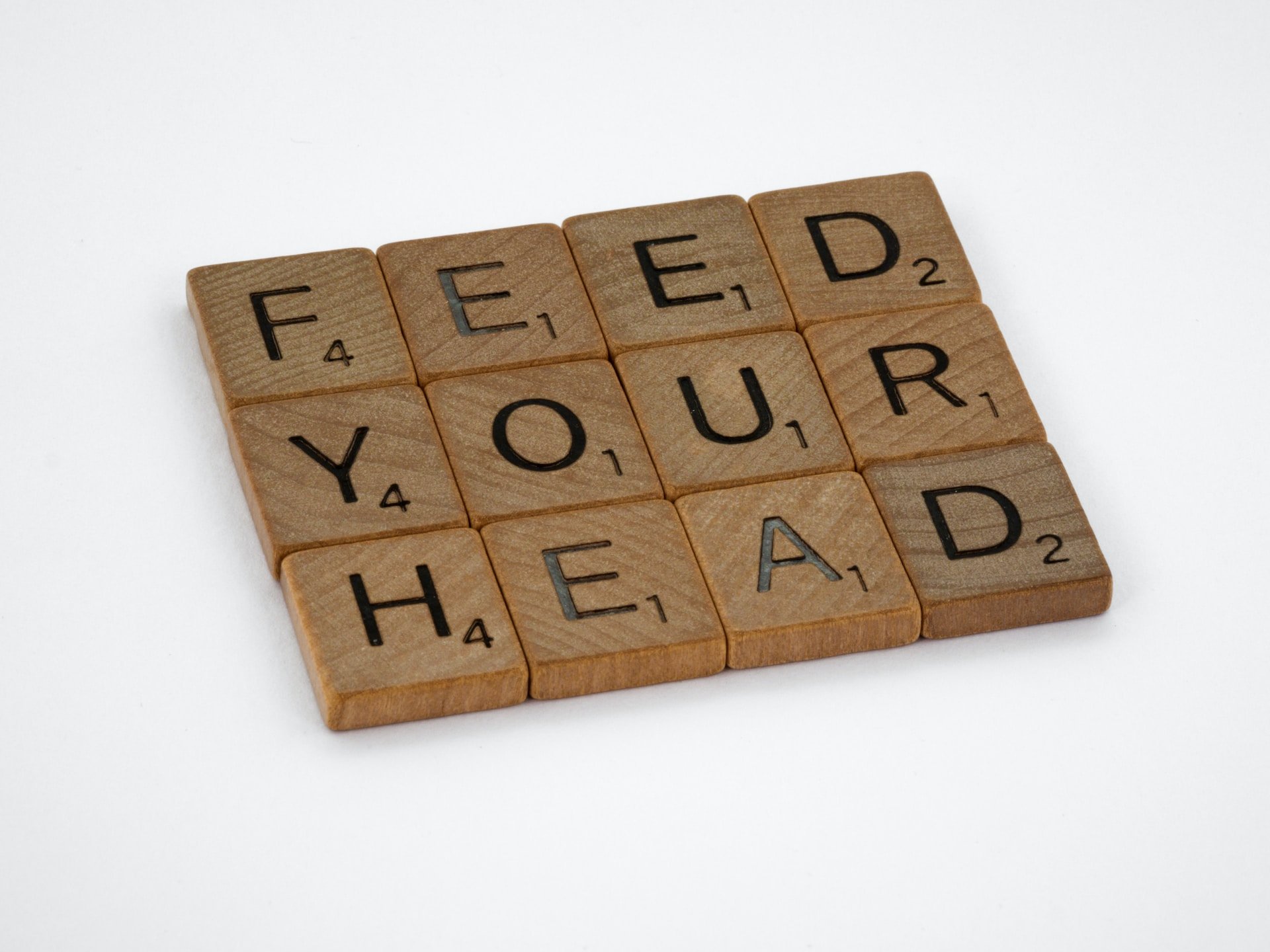The Bodymind
During a recent book reading, "Now Lead the Change", a book that was presented to me at a Senior Management conference in Germany last year, along with a great talk by author Nick Seneca Jankel, one of the arguments he outlined It really touched me as I had my own experience of what he was mentioning. He explained that:
“There is just one entity, that has mental and somatic aspects, that we call the “bodymind”. Bodymind can be an awkward term but it helps to remind that every physiological state has a psychological component and vice versa. Physiological and psychological are two aspects of the one complete system. There are two aspects to one thing. Distress in mind can generate dis-ease within the body, and diseases in the body often manifest as distress in the mind. Likewise, positive interventions to either what we think of as “mind” or “body” can bring us to health and harmony.
Destabilization in either aspects of it, in mind or body will disintegrate and diminish our leadership capabilities. Positive Nourishing of either realm can bring us into leadership power. We must take care of both aspects at all times. This is self-care for leaders that want to be truly transformational and stay that way.”
How much sense this makes and how much it resonates with me as well. There are countless examples that we can bring to light to understand the effects of the imbalance of caring for them at the same time. From the individual who does not take care of his physical condition at all, does not practice sports, is overweight, stays for long hours of work as a consequence of taking pills to reduce cholesterol, triglyceride and sugar levels, or those that also exceed the use of his body. Therefore, the most athletic ones are intense, running marathons or going to the gym morning and night, but surely they cannot keep their minds balanced and that is also reflected in their leadership style.
Also, those who have trouble controlling their mind properly, and continue to ruminate, are angry, jealous, have negative thoughts, gossip in their mind (and also outside), those who cannot control that monkey mind as I explained in previous posts. It is possible to see how these people are relatively ill, or they affirm that something is not working well in their bodies, some pain or discomfort in the stomach or some pain in the back or many other cases. In both cases, it is unfortunately easier to see how far these people are from being a transformational leader.
It is no coincidence that the famous phrase Mens sana in corpore sano is a Latin phrase, usually translated as "a healthy mind in a healthy body”. The phrase is widely used in sports and educational contexts to express that physical exercise is an important or essential part of mental and psychological well-being.
Over time and separated from its context, the phrase has come to have a variety of meanings. It can be construed to mean that only a healthy mind can lead to a healthy body, or similarly that only a healthy body can produce or maintain a healthy mind. Its most general use is to express the hierarchy of needs: with physical and mental health at the root.
In the field of philosophy, the theory of dualism is the speculation that the mental and physical parts of us, such as our mind and body, are different or separate. Holism is the idea or speculation that all the properties of a system, such as the system of our thoughts and the system of our body, cannot be determined or explained by looking at its individual components. Rather, the entire system seen as a complete whole is a determinant for understanding and viewing the idea, concept, or theory that is in question.
To me, there is no doubt that the Buddha's teaching taught that the Middle Way avoids the extremes of extreme asceticism and sensual indulgence. It leads to peace, direct knowledge, enlightenment and Nibbana. The Middle Way is the path to the end of suffering in all its forms that allows man to see that all humanity and all other forms in manifestation are a unity, the infinitely variable appearance of an indivisible whole.
So, with this information in hand now, what are you going to do or are already doing to improve and balance your mind-body?
I really look forward to your comments.
